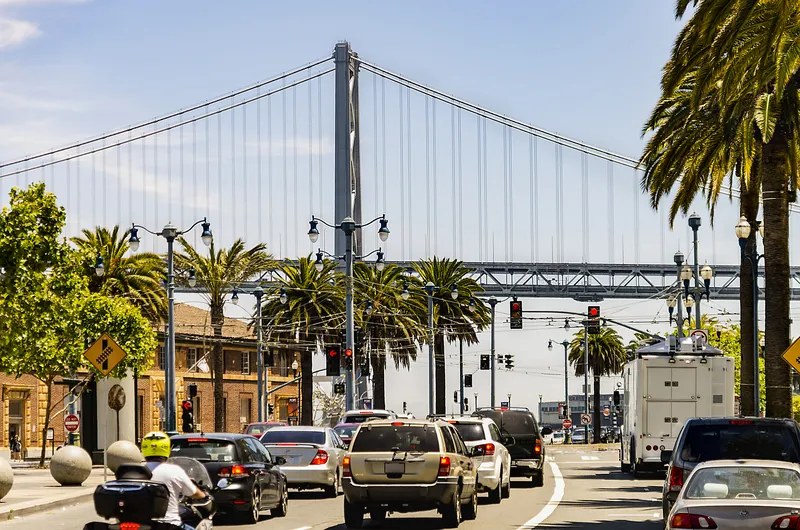Affiliated Computer Services (ACS), a Xerox Company, has won a contract to deploy a new electronic toll system on two of the busiest highways in Los Angeles County. The new system will allowing toll rates to change based on traffic levels to help reduce highway congestion on the new 'ExpressLanes'.
March 2, 2012
Read time: 2 mins
Affiliated Computer Services (13 ACS), a 1689 Xerox Company, has won a contract to deploy a new electronic toll system on two of the busiest highways in Los Angeles County. The new system will allowing toll rates to change based on traffic levels to help reduce highway congestion on the new ‘ExpressLanes’.
The1795 Los Angeles County Metropolitan Transportation Authority (Metro) will convert portions of Interstate 10 and Interstate 110 from ‘car pool’ or high occupancy vehicle (HOV) lanes to ExpressLanes or high occupancy toll lanes, allowing people driving alone to travel in existing car pool lanes for a toll. To help manage traffic volumes, tolls for single passenger vehicles will vary based on the average speed of traffic travelling in the ExpressLanes. General purpose lanes will remain free for all vehicles.
Vehicles travelling in the new ExpressLanes must have a FasTrak toll account and a small transponder. Drivers will set a switch on their transponder so the toll system knows if they are driving alone and be charged; or part of a car pool and drive for free in the ExpressLanes. Sensors on the interstate will calculate any tolls and automatically deduct the proper amount from the driver’s prepaid account. The ExpressLanes will be designed to keep traffic moving at a minimum speed of 45mph.
Off the road, ACS will manage the customer service centre, and Xerox will provide additional expertise and efficiency for Metro in the printing and mailing of statements and notices.
Construction of the ExpressLanes Project is scheduled to begin by the middle of this year with the lanes scheduled to open to traffic in late 2012. ACS is on the project team led by304 Atkinson Construction and includes 3525 AECOM and Steiny & Company
The
Vehicles travelling in the new ExpressLanes must have a FasTrak toll account and a small transponder. Drivers will set a switch on their transponder so the toll system knows if they are driving alone and be charged; or part of a car pool and drive for free in the ExpressLanes. Sensors on the interstate will calculate any tolls and automatically deduct the proper amount from the driver’s prepaid account. The ExpressLanes will be designed to keep traffic moving at a minimum speed of 45mph.
Off the road, ACS will manage the customer service centre, and Xerox will provide additional expertise and efficiency for Metro in the printing and mailing of statements and notices.
Construction of the ExpressLanes Project is scheduled to begin by the middle of this year with the lanes scheduled to open to traffic in late 2012. ACS is on the project team led by









